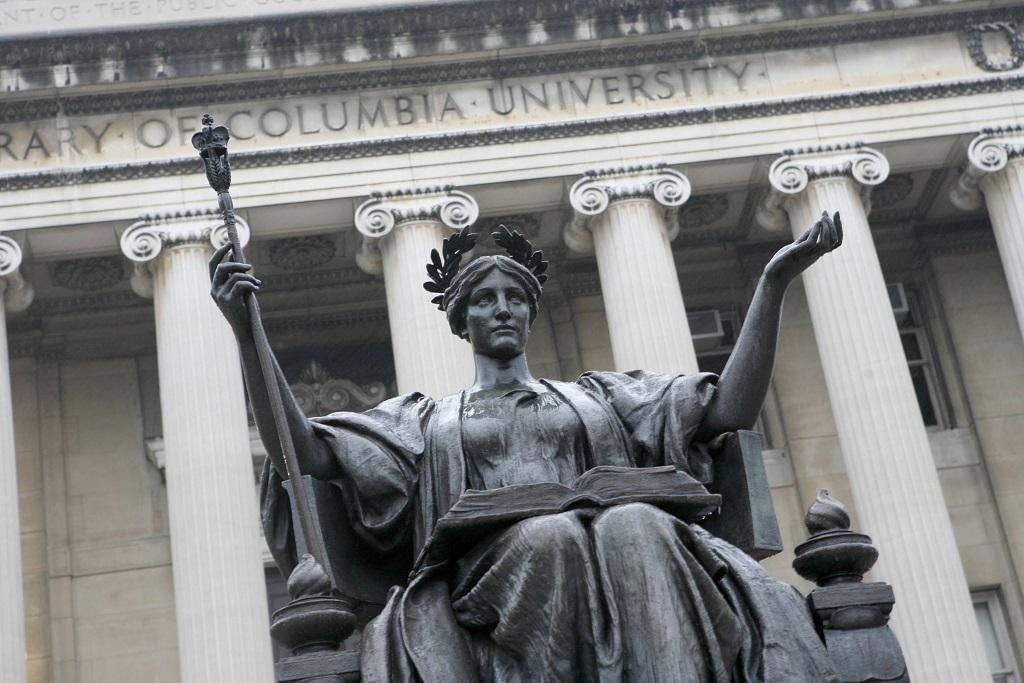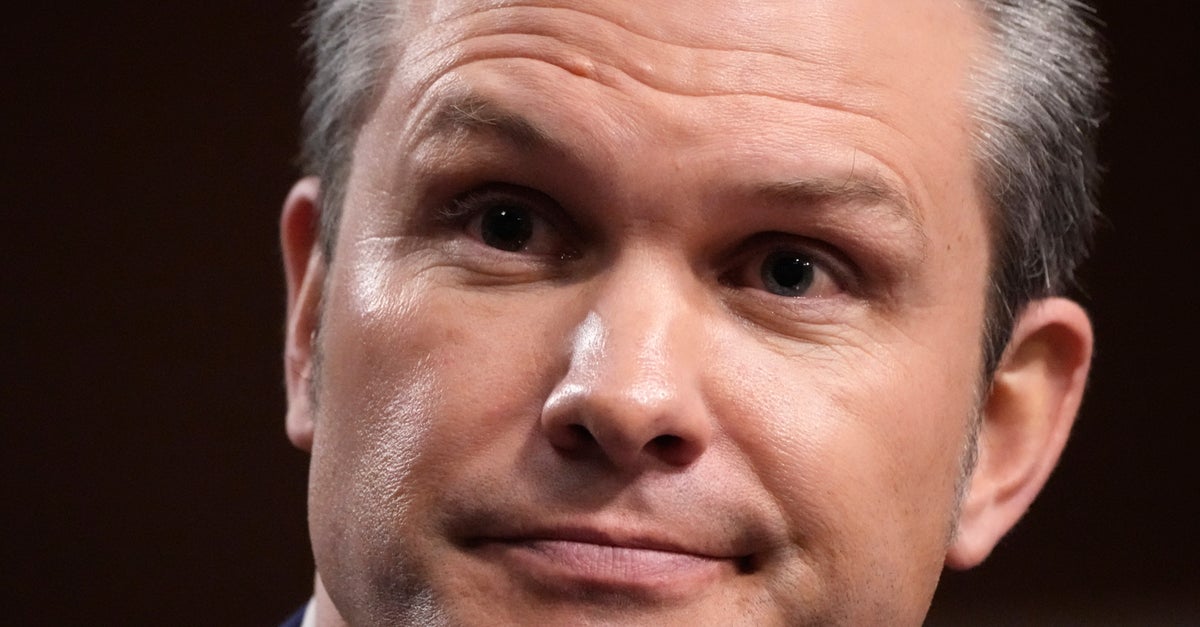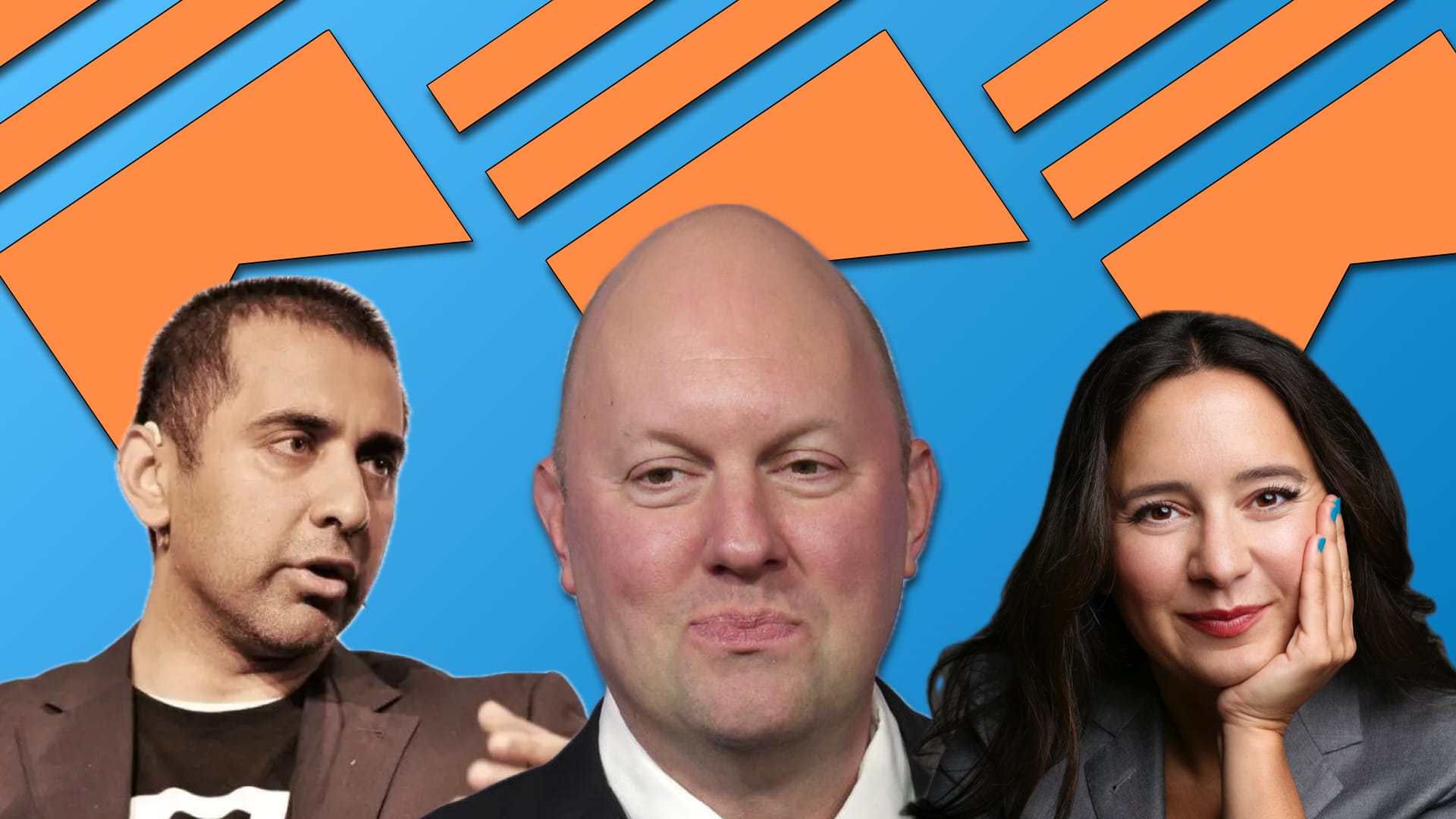Temporary pause...
Dear subscribers, Several of you have kindly asked why I'm not posting at the moment, and the reason

News and commentary for understanding and coping with the years ahead...

“It’s a Vichy moment in American history,” Michael Roth, the president of Wesleyan University, told me in a wide-ranging interview. “Like I have a restaurant and if I collaborate with the Nazis and don’t let any Jews eat here, then the guys who wash dishes will still have jobs. As you know, that slope is very slippery. Appeasement doesn’t end well.”
Roth is the rarest of academic leaders – he's determined to resist the Trump regime's attacks on academic freedom, among so many other things essential to a functioning democracy. And as this American Prospect commentary explains, most of his peers are behaving like the Vichy French who collaborated with the Nazis.
This is an ugly charge. But sometimes reality is ugly. This is one of those times.
What seems all too clear – so far, anyway – is that Trump and his apparatchiks are succeeding in their war on the academy. Being bullied with the weight of federal power is almost impossible to resist, these university heads surely believe. It's an even more vicious dilemma when institutions are as reliant on federal funding as the big research universities have become.
They are making the same wrong choice that victims of bullying have made all through history. The choice I'm referring to isn't the immediate comply-or-be-punished one. It's the decision they made, earlier, not to form a coalition with their peers to resist what they surely knew was coming.
As a much-cited line goes, public courage is contagious. But when there is no alliance to bolster resistance to a powerful enemy's injustice, so is capitulation.
Kudos: Robert Kuttner


The lawsuit, brought by the watchdog group American Oversight and first reported by HuffPost, requests that a federal judge formally declare that Hegseth and other officials on the chat violated their duty to uphold laws around the preservation of official communications. Those laws are outlined in the Federal Records Act and, according to lawyers for American Oversight, if agency heads refuse to recover or protect their communications, the national archivist should ask the attorney general to step in.
It's absurd to imagine that Trump's attorney general will enforce the law cited in this HuffPost article. She is completely in his pocket, after all. But the news publication's post about the just-filed "Signal-gate" lawsuit from American Oversight (legal docs here) is one of the few examples I can find of journalism focusing on another core element in this saga.
The fact that these government people were using Signal at all is a huge part of why this is a scandal. As friend David Reed observed in a LinkedIn post, it is – unlike carefully designed government tools made for this purpose – antithetical to the legal requirement to preserve these official communications.
The law isn't wishy-washy about this. It is absolutely clear. And the Trump apparatchiks' flagrant contempt for the requirement to save these messages shows that this regime is intent on governing without a shred of accountability. I think we knew that, implicitly, but this and other recent moves make it explicit.
Seems to me that journalism would make a bigger deal of it. But then I'm just a member of the public who wants to be informed, not entertained, by our leading "news" organizations.


I watched the reaction to President Trump’s latest salvo, an executive order purporting to upend key elements of election administration in the United States. People have to prove citizenship to register to vote, it says. No states can accept votes by mail after Election Day — and much more. The country’s most prestigious news organizations rushed to report these as fait accomplis. The Times announced that, henceforth, Americans would have to provide proof of citizenship to vote. The Post was more or less the same. [But' most people, including a lot of journalists, don’t understand what an executive order even is. It’s not a law or even a quasi-law.
I wish it surprised me that our biggest and supposedly best journalism organizations constantly fail to explain news in the context of, you know, reality. But as the editor of Talking Points Memo wearily explains here, coverage of the regime's blizzard of executive orders is a prime example.
The author wants to move on from arguing whether journalists should be activists for democracy. I strongly disagree, though it's obvious that Big Journalism has collectively (but not universally; see the Guardian) decided that it's not their job to defend the system that makes their jobs possible.
But you can't argue his point here. Can't they at least include basic facts, and context? Oh, I forgot: Modern political journalism is stenography and he-said-she-said "balance" – no matter how misleading or just wrong. Context, what's that?
Kudos: Josh Marshall


Pro-democracy creators currently publishing on Substack should be cognizant of the fact that they are operating behind enemy lines, and that the company's backers are antagonistic to your goals. Be sure to export your subscription lists early and often, as there is no way to know when this feature may be removed or curtailed. Assume the worst.
Let me start by saying I actively dislike Substack. As the above commentary reminds us, its key funders are Trumpists and its management willingly allows despicable right-wing extremists to use the platform to spread and monetize their bile.
And as the piece also reminds us, there are several understandable reasons why so many people who oppose right-wing extremism have created newsletters there: Substack makes it incredibly easy, and offers network effects to build readership.
But for the same reasons I left Twitter after Elon Musk and his backers bought the company, I didn't even consider using Substack when I started this newsletter. I could not in good conscience support people like the ones who funded and run it. And make no mistake, joining their network – which they intend to make into a monopoly – is lending support to a company that doesn't deserve it.
Whether you're a newsletter creator (or planning to become one) or a reader, I urge you to read this piece.
Kudos: Dave Troy


Trump insisted that there’s no conflict of interest despite the Tesla chief executive’s prominent role in the administration. “He’s never asked me for a favor in business whatsoever,” Trump said at an Oval Office event on Wednesday as he signed the proclamation putting the auto tariffs in place.
The quote above, from Bloomberg's coverage of the latest Trump tariff scam on the public, is a perfect example of stenography as journalism. (Sorry to have talked so much about journalism today, but this crappy stuff is really pissing me off.)
That particular bit of Trump-speaks-we-publish comes at the very end of the lengthy story describing the enormous financial pain that's about to be inflicted. It'll be terrible for the industry, especially the foreign carmakers that consistently offer better products – and worse on the people who want to buy new cars and will have to fork over thousands of extra dollars.
Here's the context that evaded the journalists:
First, Trump is completely corrupt. Second, Trump lies about everything, especially acts that highlight his corruption. Third, Musk spent at least $300 million to help put him back in the White House, and Trump has been appointing Musk-toadying officials right and left. Fourth, Musk is an epic sleazeball in his own right. Fifth, Musk relentlessly lies, especially about Tesla, and uses his ExTwitter platform to spread the lies of others. (And that's just the surface stuff...)
These guys don't start out with zero credibility and integrity. They have negative credibility and integrity. They'd have to do all kinds of visibly honest things for their credibility and integrity to rise as high as zero.
But don't ever expect journalists to note this essentially context. They just don't think it's part of the job.
This newsletter is a compendium of the reporting and commentary that best explains the America's political, economic, and social conditions – and, most important, how we can find a way back from the dark days ahead. You will rarely find anything here from the New York Times or Washington Post or any of the other Big Journalism companies that failed us so completely during the 2024 elections and are now sucking up – even more than usual – to Donald Trump, his cult, and corporate oligarchs. My focus will be on smaller, more honorable outlets (and individuals). I hope you'll support them with your attention and your money. For more details, please read my About page.
I spend a lot of time looking for essential coverage, and hope you'll help me by letting me know about the good stuff you find. Let me know.
Was this forwarded to you? If you would like to have your own free subscription, please click here.